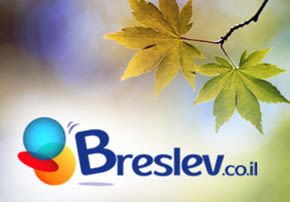
If You Love Someone
“If you love your fellow man you’ll know what he needs." We'll feel his pain and have the ability to understand...

“If you love your fellow man you’ll know what he needs.” In other words, we’ll know how to help him in his time of need. We’ll feel his pain and have the ability to choose the proper tools to help him.
Ivan was dead drunk. When he saw his friend, his eyes lit up. “Do you love me?” he asked.
“Of course I love you,” his friend answered.
“So tell me what I need,” Ivan challenged.
“How am I supposed to know what you need?” his friend asked in astonishment.
Ivan replied: “How can you say you love me if you don’t know what I need?”
Rabbi Moshe Leib of Sassov witnessed this short conversation. He repeated the drunken man’s words to his students and told them, “If you love your fellow man you’ll know what he needs. This is the type of love we must have for our fellow Jew.”
Love Means Understanding
Do you understand your friends? Do they understand you?
Most people don’t feel that their loved ones really understand them and therefore they never feel that they are really loved. In fact, many people don’t know how to love themselves or how to maintain a loving relationships with the “significant others” in their life. The human personality remains a mystery, and the behavior of the people surrounding them, a huge riddle.
To work on ourselves, we must first understand ourselves. Only after we are aware of our talents and abilities can we use them to serve God and reach our tikkun (do whatever we were brought to this world to do). Similarly, we must understand our fellow man before we can feel a true love for him – a love that takes into account his unique needs; a love where we’ll be able to answer the question, “How can you say you love me if you don’t know what I need?”
It takes effort to know and appreciate ourselves as well as to know and appreciate others. That effort helps us to internalize the inner knowledge so necessary for defining our role as a valuable human being with a unique contribution for mankind. Once we value ourselves, we are capable of valuing our fellow man, which is a prerequisite to understanding and loving another fully. “Love your neighbor as yourself,” means that in the same way that we invest time and energy in understanding and developing ourselves, enabling us to love our true inner essence – our neshama –in that same way we should learn to love our fellow Jews.
If we don’t understand our own strengths and weaknesses, how can understand others?
Understanding Differences
Throughout history psychologists have tried to categorize personality types in their quest to understand what motivates people to behave as they do.
According to the Kabbala, man is formed from four universal elements – earth, wind, fire, and water. Different percentages of these elements result in the different natures. Therefore, what one person might consider extremely difficult may be easy for another. Being aware of these differences makes it easier for us to understand others and give them the benefit of the doubt.
Appreciate the Uniqueness
An artist perceives greater variations of color in the rainbow and a musician discerns more notes in a symphony than someone who was never trained in art or music. Our training and background affects the way we perceive events.
The same idea applies when it comes to understanding people. We all know that each individual is a unique. We also know that it’s easy for us to get along with some people and difficult for us to get along with others. God wants these differences to exist, and commanded us to love our fellow Jews, despite these differences. The more we understand the people around us, the more we’ll be able to appreciate them instead of becoming frustrated and angry when they have a different view of the world than ourselves.
Appreciate the Differences
There are various personality types. Some people are very sociable, while others are withdrawn. Some are independent and adventurous, while others are timid and conservative. Some think carefully before acting, while others act before they think. Some are emotional, while others are aloof.
It’s not easy to distinguish between hereditary traits and those acquired through habit. It’s difficult to know what traits we can change, and which we can only harness.
Knowledge of our disposition and weaknesses does not give us the go-ahead to surrender to negative behaviors. We were sent to this world to improve ourselves. To accomplish that, we must learn to understand ourselves and ask God to help us find the correct path.
Once we understand ourselves, and accept our weaknesses, we become aware of where we need to make positive changes. Armed with self-awareness and appreciation of who we are, we are better equipped to understand the differences between people and to come to love them. When our friends ask: “What do I need?” we’ll have a ready answer.
“If you love your fellow man you’ll know what he needs.” In other words, we’ll know how to help him in his time of need. We’ll feel his pain and have the ability to choose the proper tools to help him. We’ll know when to speak and when to listen. We’ll understand if he needs to feel loved, or to give of his love to others.
Through understanding ourselves, and respecting other peoples’ differences, we can develop peace and harmony among our nation.


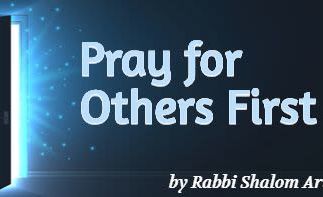

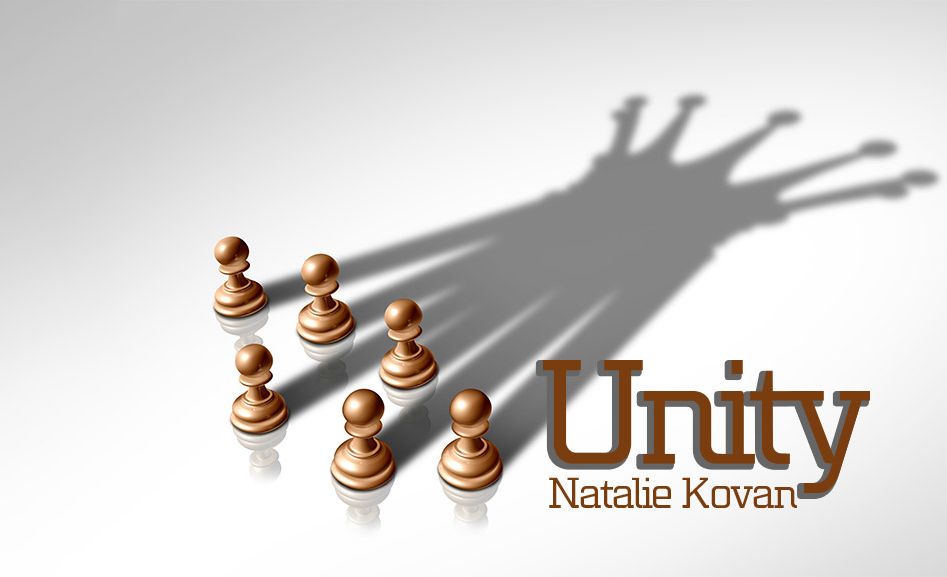
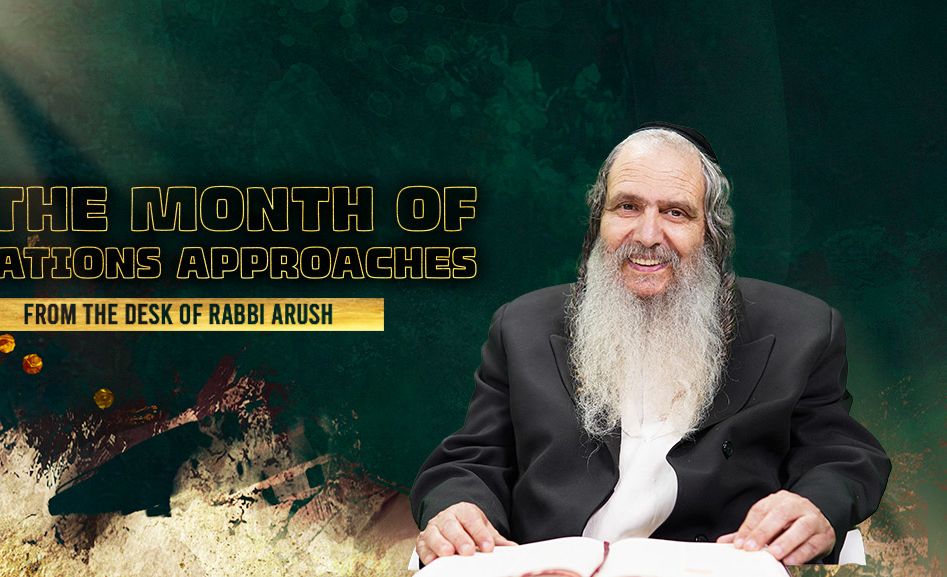

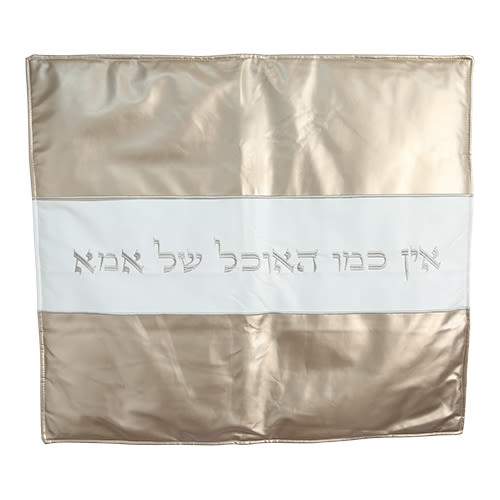
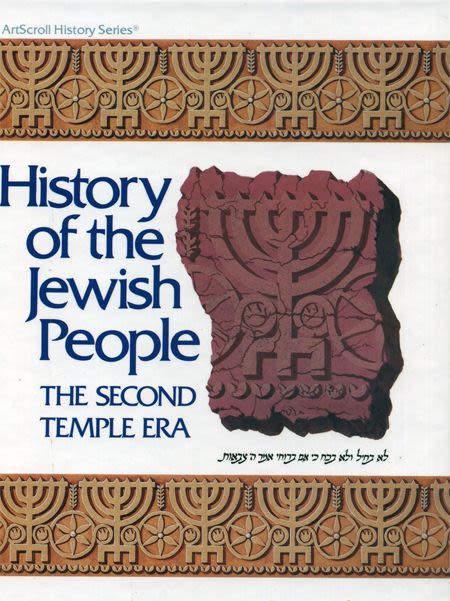
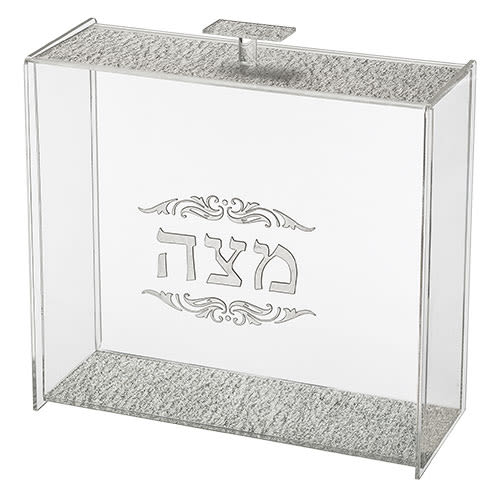

Tell us what you think!
Thank you for your comment!
It will be published after approval by the Editor.